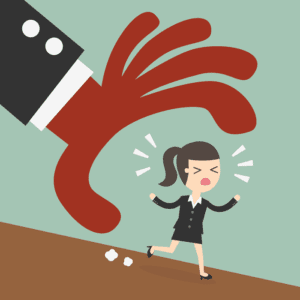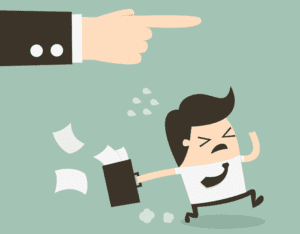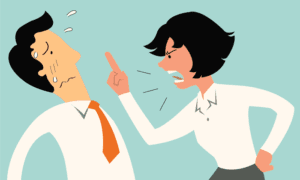Is this just my own personal experience or do you see it too?
What behaviors do you label as bullying?
Am I on the lookout for bullying? Is that why I bump into it so readily?
I have been asked, “Is the bullying you are seeing behavior typical of a gender or a type of business? I find it not to be gender specific. I have witnessed bullies being both men and women bullying both men and women. It is not industry specific. The bullying I have seen first-hand has occurred in manufacturing, service, non-profit, and other settings. 
I have no tolerance for bullies. And as I become a ‘gray haired’ consultant, I confront bullying behavior with confidence and I hope finesse. In extreme cases, I intervene immediately – the actions of a bully are an act of violence against another. Where bullying has become norm, boundaries have been breached and the code of conduct between co-workers forgotten.
Another question was, “What conditions allow for bullying to occur?” Of course, every question is deep and there are not simple answers. It is, however, clear to me in the situations I have observed that where there is a void of leadership there is a vacuum to be filled. And, that vacuum is ripe to be filled by an individual who feels frustrated, angry, anxious, or underappreciated. In the absence of values-based leadership that unifies individuals around a common goal, a form of dissonant leadership rallying those that feel unattended might emerge. Without leadership and group norms, the climate is ripe for a bully to become the ring leader.
Are our lives so stressful that we are reverting to primal responses and the use of force and fear to get things done and get our way? I do think that stress is the enemy of our emotional intelligence; that our competencies and interpersonal skills erode under the influence of stress.
What is the payoff for being a bully?
It doesn’t appear to bring the individual happiness. It doesn’t foster deep and meaningful relationships. It might cause for some compliance but it does not engender commitment or loyalty.
A colleague answered my question with, “A bully doesn’t have to own their stuff. It is everyone else that is wrong. They don’t need to look at themselves for being responsible for any of the things they are complaining about. Bullying is easy, superficial.’
Why are we so enthralled with this drama?
I have as many questions as I do observations. What remains is my concern:
How do we interact in such a way to lift each other up rather than tear each other down?




Recent Comments